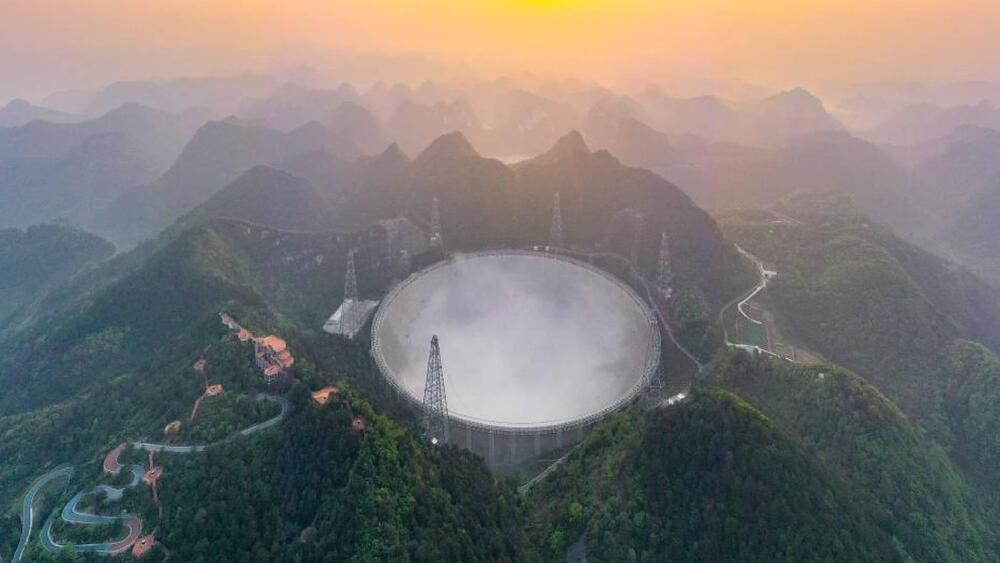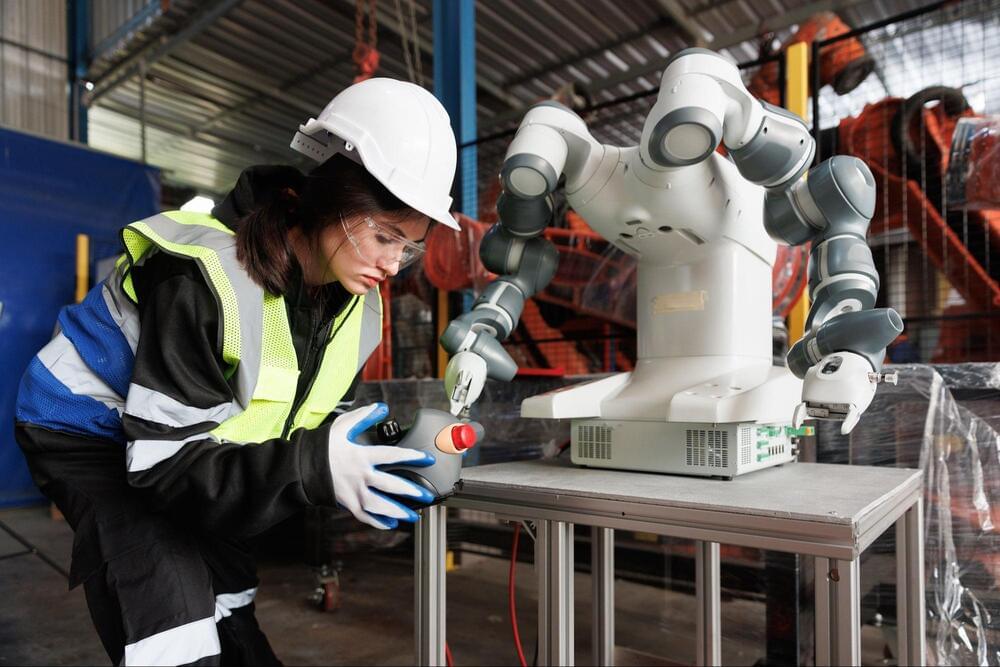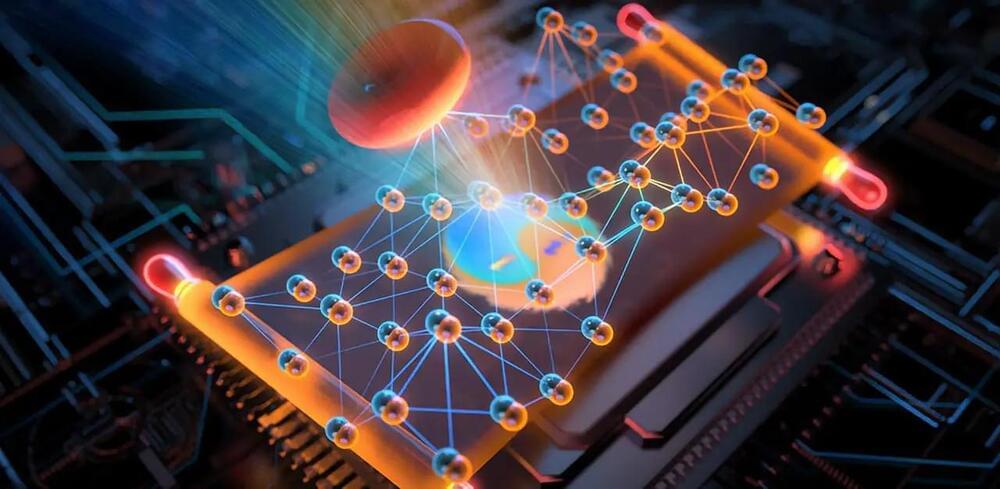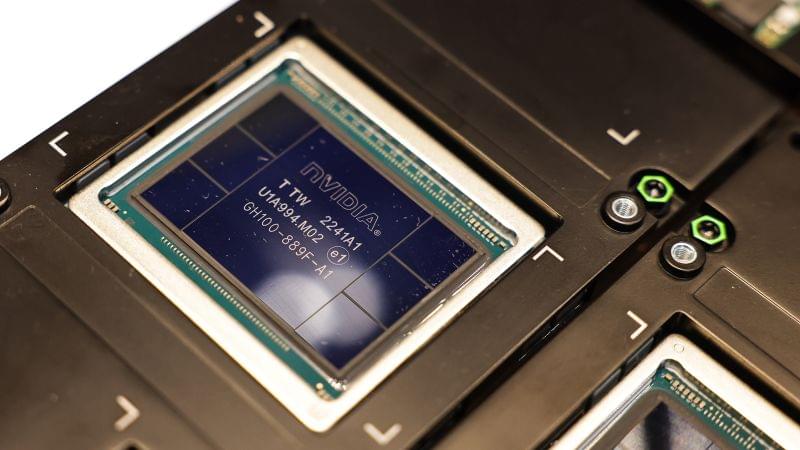Will they replace human cosmetics workers?
A report by CBS News.
The article outlined several AI firms that have entered the industry and shared their point of view on its progress.
A report by CBS News published on Tuesday highlighted how the global market for artificial intelligence (AI) in beauty and cosmetics is currently a multi-billion-dollar business that sees machines undertake tasks once reserved only for humans.
Frustration with salons
Co-founder and CEO of a San francisco-based startup called Clockwork Renuka Apte said that the idea to use robots for cosmetic procedures came about because of her own frustration with salon appointments.








